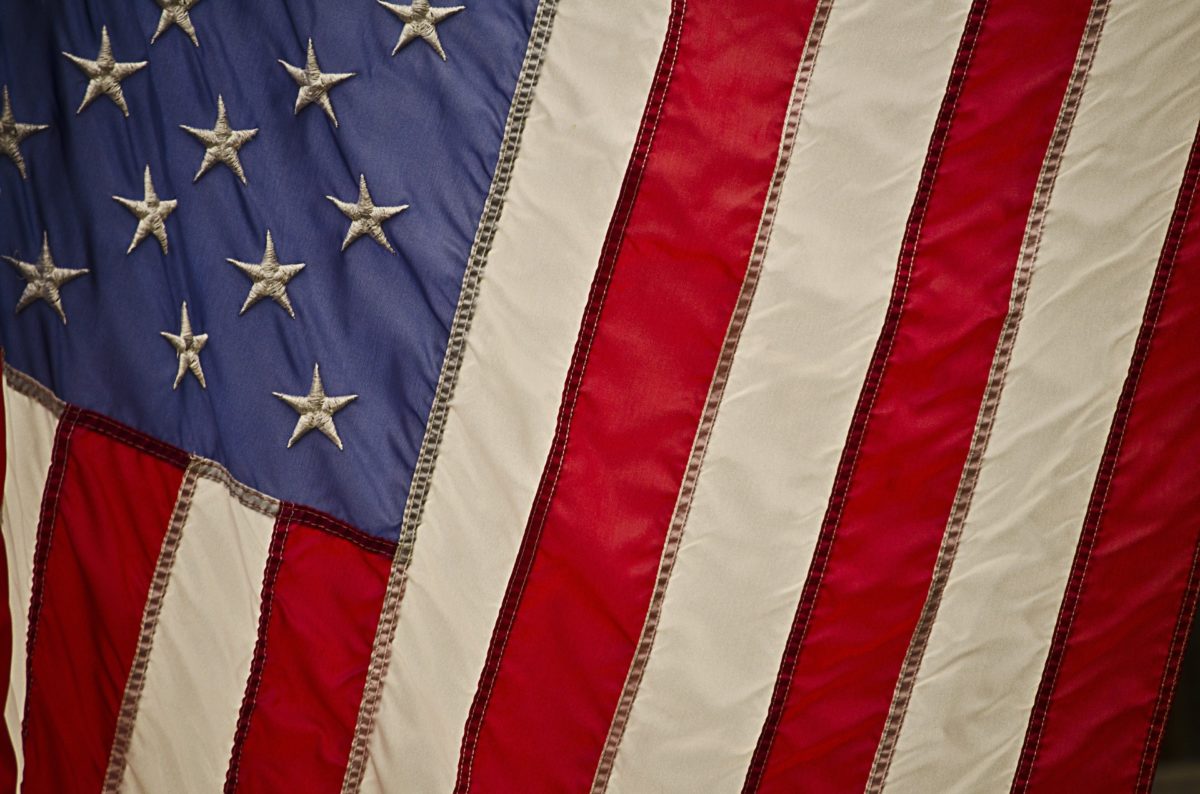February 2nd marked the hundredth anniversary of the birth of one of America’s most controversial and inspiring writers, Ayn Rand.
She continues to be wildly popular among the young: some 14,000 high school students per year submit entries to essay contests on her novels and, in the past two years alone, high school teachers have requested over 130,000 copies of Anthem and The Fountainhead to use in their classrooms. They know that students respond to her stories and heroes as to few other books.
It remains, however, all too common for a young person to be told that his interest in Ayn Rand is a stage he will soon grow out of. “It’s fine to believe in that now,” the refrain goes, “but wait until you’re older. You’ll discover that life is not like that.”
But when one actually considers the essence of what Rand teaches, the accusation that her philosophy is childish over-simplification stands as condemnation not of her ideas but of the adult world from which the
accusation stems.
The key to Rand’s popularity is that she appeals to the idealism of youth. She wrote in 1969: “There is a fundamental conviction which some people never acquire, some hold only in their youth, and a few hold to the end of their days–the conviction that ideas matter.” The nature of this conviction? “That ideas matter means that knowledge matters, that truth matters, that one’s mind matters. And the radiance of that certainty, in the process of growing up, is the best aspect of youth.”
To sustain this youthful conviction throughout life, Rand argues, one must achieve a radical independence of mind. Independence does not mean doing whatever one feels like doing but rather forging one’s convictions and choosing one’s actions rationally, logically, scientifically. It is refusal to surrender one’s ideas or values to the “public interest,” as liberals demand, or to the “glory of God,” as conservatives demand. It is refusal to grant obedience to any authority, human or divine. The independent mind rejects faith, secular or supernatural, and embraces reason as an absolute. “The noblest act you have ever performed,” declares the hero of Rand’s last novel, Atlas Shrugged, “is the act of your mind in the process of grasping that two and two make four.” She meant it.
The conviction that ideas matter represents a profound dedication to self. It requires that one regard one’s own reasoning mind as competent to judge good and evil. And it requires that one pursue knowledge because one sees that correct ideas are indispensable to achieving the irreplaceable value of one’s own life and happiness. “To take ideas seriously,” Rand states, “means that you intend to live by, to practice, any idea you accept as true,” that you recognize “that truth and knowledge are of crucial, personal, selfish importance to you and to your own life.”
Her approach here is the opposite of the view that ideals transcend this world, one’s interests and human comprehension–that idealism is, in the words of the religious exhortation to America’s youth in Bush’s inaugural address, “to serve in a cause larger than your wants, larger than yourself.”
The advice Rand offers the young? Think, reason, logically consider matters of truth and morality. And then, because your own life and happiness depend on it, pursue unwaveringly the true and the good. On this approach, the moral and the practical unite. On this approach, there exists no temptation to think that life on earth requires compromise, the halfway, the middle of the road. “In any compromise between food and poison,” she writes, “it is only death that can win. In any compromise between good and evil, it is only evil that can profit.”
In a world where our President (as well as the religious warriors we’re battling against in the Middle East) equates idealism with otherworldliness, faith, and sacrifice of self, and where commentators otherwise sympathetic to his message lament that it leaves no room for worldly compromises, since, as Peggy Noonan puts it, “perfection in the life of man on earth” is impossible–Ayn Rand stands alone. She argues that perfection is possible to man the rational animal. Hold your own life as your highest value, follow reason, submit to no authority, create a life of productive achievement and joy–enact these demanding values and virtues, Rand teaches, and an ideal world, here on earth, is “real, it’s possible–it’s yours.”
Does an adult world that dismisses this philosophy as “simplistic” not convict itself?
The centenary of Rand’s birth is an appropriate time to recognize the thinker who was courageous enough to take on that world and challenge its rampant skepticism, eager cynicism, and unyielding demand for compromise, the thinker who portrayed and explained–at the most fundamental level–the heroic in man.
Onkar Ghate is a Ph.D. in philosophy and a senior fellow at the Ayn Rand Institute (aynrand.org).




